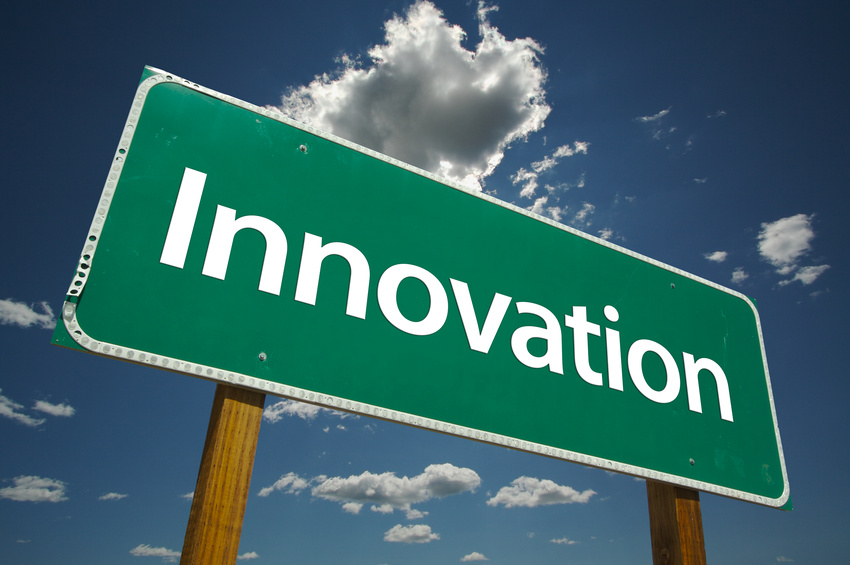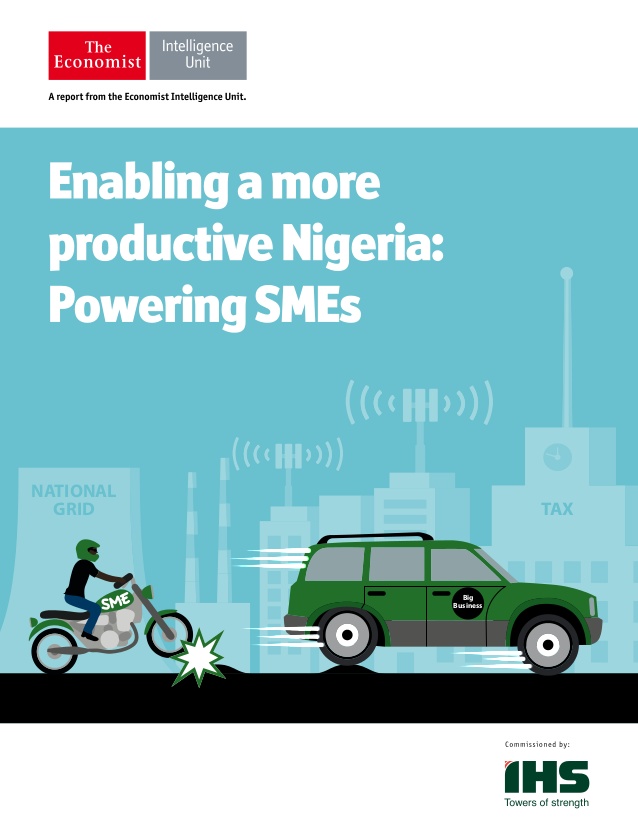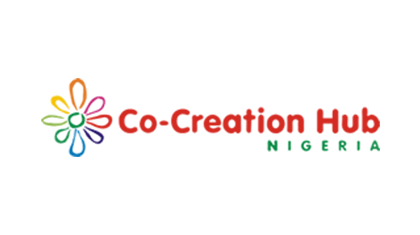Adopting an Innovation Based Economy in Nigeria (Part 2)

Education:
Undoubtedly, education is a powerful agent of socio-economic transformation. Educational technology and teaching methods would put nations that adopt them above others. We need a paradigm shift in our educational system with improved method of learning through the application of innovative technological development as obtainable in leading countries of the world.
Like we know, students of today require new and different methods of thinking and interacting with information in manners that are practical, interactive, engaging and compels for action. In order to remain relevant in the 21st century, we must use technological innovations to facilitate teaching and learning from our primary to tertiary institutions.
There must be a clear departure from traditional methods of learning to e-learning classroom environment with access to digital tools. Here, students are being taught by digital compliant teacher and instructors for global competitiveness. Of course, teachers who are preparing students for life in the 21st century should be digitally literate.
No matter how long it takes; it will be a very good investment of time, energy and resources. After all, education system is said to produce the skilled manpower and the new knowledge requisite for technological advancement and economic growth.
We are not just talking about innovation but focused innovation that searches for more efficient way of achieving educational objectives. Here, we are focused in developing and integrating curriculum that are geared towards solving industrial problems as is done in the developed countries rather than being tailored towards mere literacy purposes.
Healthcare:
Healthcare innovation can be defined as the introduction of a new concept, idea, service, process, or product aimed at improving treatment, diagnosis, education, outreach, prevention and research, and with the long term goals of improving quality, safety, outcomes, efficiency and costs. It can also be related to product or whatever the customer pays; process that is in the production or delivery method; and structure in our healthcare system.
Across the world, the healthcare industry has experienced proliferation of innovative products and services that are aimed at enhancing life expectancy, quality of life, diagnostic and treatment options, as well as the efficiency and cost effectiveness of the healthcare system, whatever the nature of the ailment. But in reality, the opposite is almost the case in Nigeria.
The total packaging and delivery of healthcare products and services has little or nothing to be desired. Except for few hospitals that are affordable by a few people, the rest are completely inefficient with out-dated equipment, methodology and method of care. This has led to the death of many who cannot afford to receive better treatment elsewhere. This sorry situation begs for innovative solutions involving every aspect of our health care.
Adopted of innovation will make health care more convenient, more effective, less expensive, more accessible, and improved treatment. More importantly, we will have a very healthy and productive nation with longer life span.
The Way Forward
The first step to adopting an innovation based economy is for us as a nation to transform our thinking about what a true 21st century economy should look like, learn what it takes to build it, and then build and run it well.
As a matter of fact, our nation in totality must have the will and the resolute to be innovative and pursue it with all we have got. We must make institutional changes to promote this innovative campaign(s), and there should be commitment of resources by both public and private sectors who must be active players in the pursuit of this vision. That is, we must prioritise innovation while deploying resources and making key decisions.
There should be intentional public policies such as adequate funding of research, incorporating right technological tools, and putting transparency and accountability in place for smooth innovative ride. In order to sustain the innovation culture, government can establish innovation platforms such as institutionalised innovation forum and/or innovation challenge to address or improve a particular method of doing things in healthcare, the educational and agricultural sectors.
Finally, all stakeholders must work harmoniously to develop a customised local knowledge that harnesses technological innovation that encourages entrepreneurship. Innovative institutes can be created in every sector for inclusive growth to advance sustainable economic development. After all, the central goal of economic policy in this age is to spur higher productivity through greater innovation.
Adopting innovation makes us to deploy ourselves effectively, and multiply our results in the most efficient ways. It will be practically impossible for Nigeria to realise Vision 20:2020 without adopting an innovation based economy, which is not an option but the culture of any nation that must count in the new economy. We are either innovating as a nation or we are stagnating. The choice is ours.
About the Author of this Article
Tony Ajah is a Business Growth Strategist, and the Principal Strategist, TA Strategic Solutions, a Lagos-based firm that provides strategic business development services for budding entrepreneurs.
His ideas are highly sought after by leading Nigerian print media such as Punch Newspaper, Daily Sun, Effective Managers Series- Daily Independent, Financial Standard, Business Day, M2 weekly, BrandWork Nigeria, BrandCrunch, ReguLetter (an international journal), amongst others. Tony has written hundreds of business articles that have been shared on several media platforms around the world both online and off-line.
He is also a seasoned idea strategist, trainer and professional speaker and his voice has been heard in numerous establishments across Nigeria and beyond.
Tony has worked closely with some of the brightest minds in the industry. He is a member of several professional organisations within and outside the country, and also an alumnus on Federal University of Technology Owerri.








